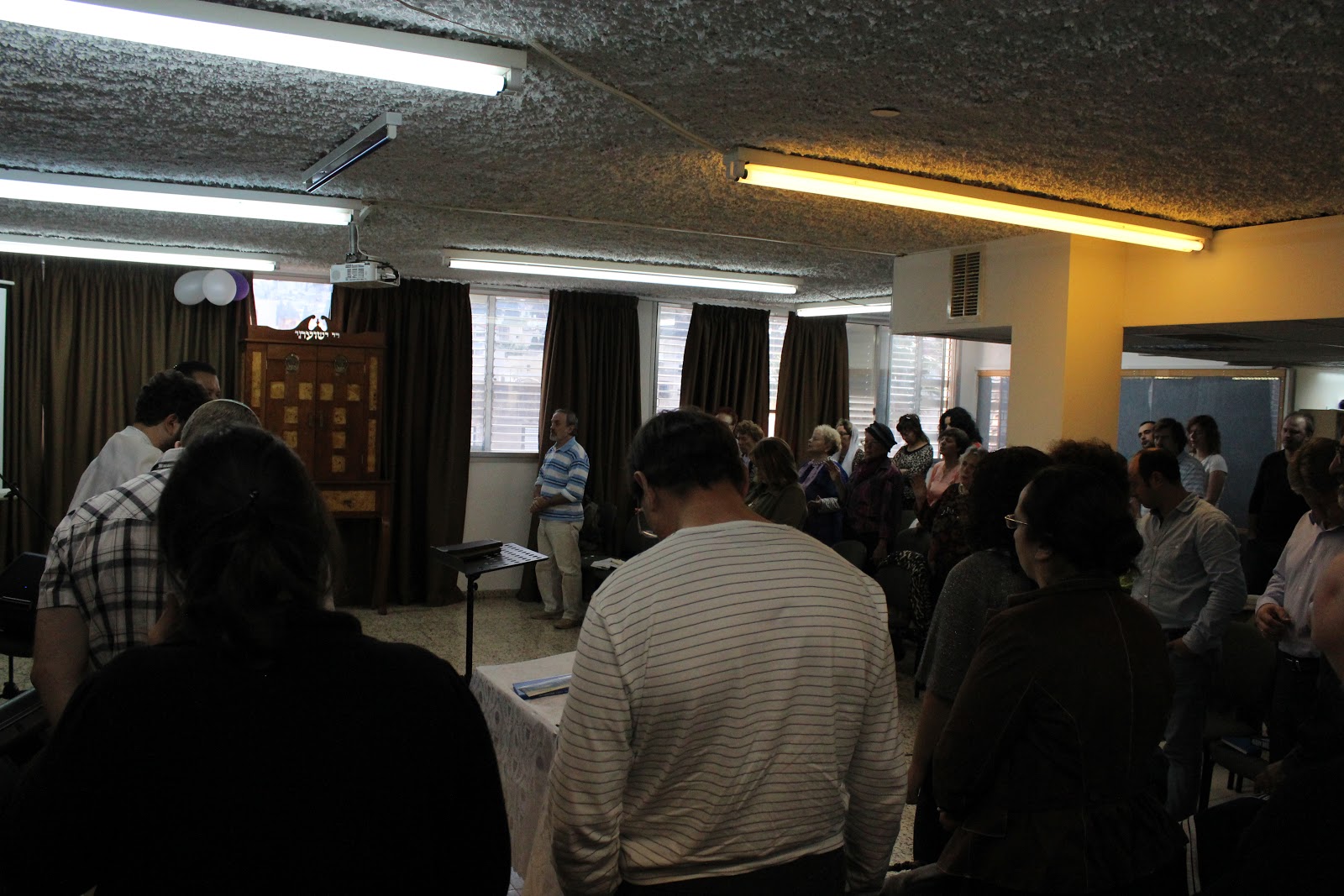Living for a greater cause than oneself -- being ready to give up one's life for that greater cause -- is a noble reason for living (and biblical reason too!). It creates paths of life outside the social norms and routines in the minds of young people when their imagination is fed by such noble causes and captivated by the visions of a world that is yet to come. However, the risks of such dreams are costly because the price young people pay is high if the cause they had given their lives for was not the true life giving cause just like the story Joshua Key tells in his memoir, The Deserter's Tale.
Throughout history both in the West and the East, the military service has repeated the same story to young and old, it is not new just to our time. The Carmelite Order began with one such story of disillusioned soldiers in the 12th century crusade. Defeated and wounded, they entered the caves on Mt. Carmel (thus named Carmelites) to pray and live in a communal life in the mountain instead of returning to Europe. Under the leadership of St. Bertold, they dedicated their lives to pray for peace and to live a simple life of contemplation, silence and solitude as a community with the rule of life given by St. Albert of Jerusalem. That's how the first Carmelite order was established and the Discalced Carmelite Order became better known to us by the two famous Spanish saints: St. Teresa of Avila and St. John of the Cross.
Last week my new Israeli friends took me to the top of Mt. Carmel, outside the city of Haifa to the south, where Discalced Carmelite Order Muhraqa Monastery is (click here to see more photos and information on the Monastery website). Mt. Carmel is one most famous place in Haifa that bears so much significant meaning from the Old Testament, especially relating to Elijah (1 King 17-19 chapters). Muhraqa in Arabic means "it burns" or "the Sacrifice" according to the famous story of Elijah fighting against the false prophets of Baal (1 Kings 18:20-46).
 |
| the Entrance |
 |
| The Chapel in the Monastery |
 |
| Indonesian Christian tourists praying |
 |
| View to the plain toward Syria standing on the Mountaintop |
 |
| Arab village near the Monastery |
The story of Elijah in the Old Testament is not simply a fascinating war drama, but the most powerful depiction of how the Lord of Israel, the true God, restores Elijah and many other wounded heroes throughout history.
 |
| Elijah in his cave (1 King 19) - St. of All Deserters? (one of the two Elijah icons in the chapel) |
"What Are You Doing Here, Elijah?"
After the magnificent victory over 450 Baal's prophets, Elijah ran away for his own life from the evil queen of Israel. The suicidal prophet encounters the Lord of Israel in a very unexpected way: a small voice in the wind. The simple question of the Lord, "What are you doing here, Elijah?", penetrates into the heart of the wounded and deserted prophet and stirs up his heart once again. The voice restores his soul, ignites a new passion in his heart and captures his imagination again. What a great place to come and pray (and be prayed for by the everlasting Spirit of the living God)?
It is fascinating to me that some of the most influential monastic orders or monastic reform movements in history were led by disenchanted knights and soldiers who later in life became Christians. There's this Carmelites in the 12th century. The famous Benedictine or Cistercian monastic reformer of the 12th century was St. Bernard of Clairvaux. Although St. Bernard himself did not fight in the Crusades he supported the Crusades as the advisor for Pope Eugene III (Bernard regretted his support for the war later in his life). One of the most remarkable achievements of St. Bernard in my opinion was his administrative innovation in the monastery structures of that time in addition to his pastoral gifts and theological writings. He created a lay order within the monastic order to be able to receive returning soldiers from the Crusades so that they could enter the monastic life and dedicate the rest of their lives to prayer and simple life of community. The founder of Jesuit order in the 16th century, Ignatius of Loyola, was also wounded, disillusioned soldier before his dramatic conversion to Jesus by reading the New Testament. Not every monastic order has direct connection to Mt. Carmel and Elijah's cave, but they all have one common characteristics: Search for the quiet, small voice of the Lord who restores all human brokenness and lost hopes, and who is looking for faithful remnants in the midst of great noises of the world.
Perhaps this Elijah's cave has for centuries provided many soldiers, who were wounded by their enemies and disillusioned by their kings, with fresh hopes for a better world of the true King of kings. Out in the wilderness, they found their imagination captured once again for a new world to come. The story of Elijah, not only as a great warrior-prophet, but as a fragile human being as wounded deserted ( and suicidal) as he was in 1 King 19th chapter, has indeed restored many lives. And it still does.
That small voice in the wind. That is one reason I came to Haifa.
(Note: There's another place called, Elijah's Cave in the city of Haifa, which I have yet to visit!)





























